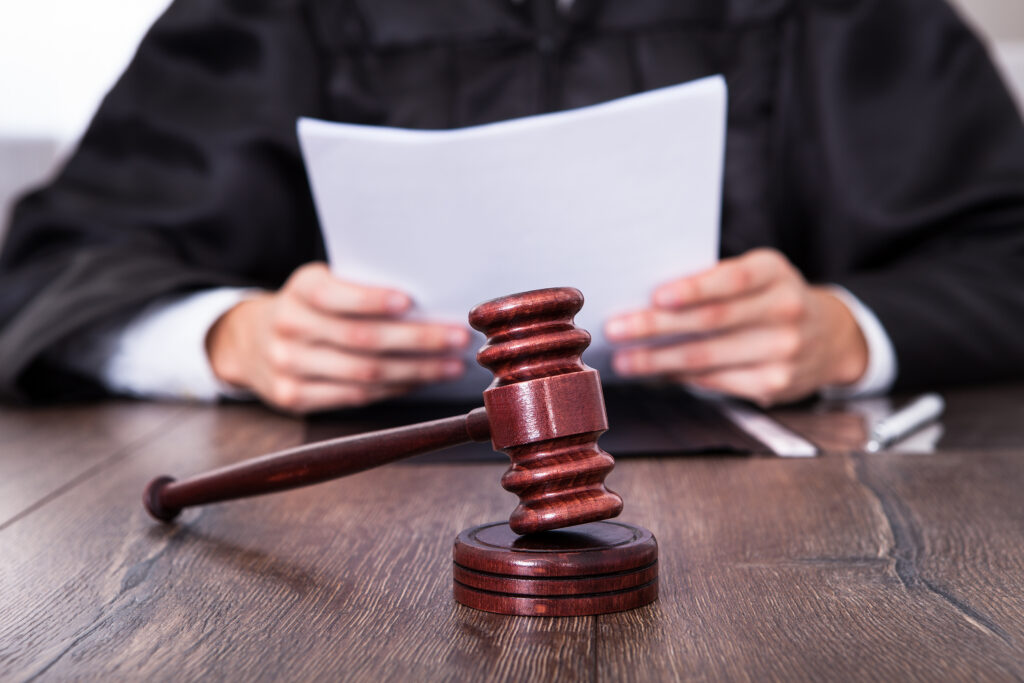Bankruptcy Lawyer
The process of completing the bankruptcy process can be complex and stressful, as an experienced lawyer knows. It requires careful planning, preparation, and adherence to the rules and regulations of the bankruptcy code. Unfortunately, there are common mistakes that individuals may make when filing for Chapter 13 bankruptcy that can have negative consequences. Here are five common mistakes to avoid when filing for Chapter 13 bankruptcy:
Failing to disclose all debts
One of the fundamental requirements of filing for Chapter 13 bankruptcy is to provide a complete and accurate list of all debts, including both secured and unsecured debts. Failing to disclose all debts can result in the debtor not being able to include those debts in the repayment plan, which means they may not be discharged at the end of the bankruptcy process, as a Chicago Chapter 13 bankruptcy lawyer can explain. Include any and all debts that you have, such as utility bills, credit card bills, student loans and personal loans.
Not following the repayment plan
You are required to follow the repayment plan if you decide to file for Chapter 13 bankruptcy. The debtor is required to make regular monthly payments to the bankruptcy trustee, who then distributes the funds to creditors according to the plan. Failure to make these payments or not following the terms of the plan can result in the dismissal of the bankruptcy case, leaving the debtor vulnerable to collection actions and the loss of bankruptcy protection.
Incurring new debts
While in Chapter 13 bankruptcy, debtors are required to seek permission from the bankruptcy court before incurring new debts, as you can learn from a Chapter 13 bankruptcy lawyer like one from The Law Offices of Neil Crane. This includes obtaining new credit cards, taking out loans, or making major financial decisions without prior court approval. If you incur too many debts and fail to keep them under control, you may jeopardize your bankruptcy case.
Not providing accurate financial information
When filing for Chapter 13 bankruptcy, debtors are required to provide detailed financial information, including income, expenses, assets, and liabilities. Failing to provide accurate and complete financial information can lead to serious consequences, including the dismissal of the bankruptcy case, fines, or even criminal charges for bankruptcy fraud. Whenever you are communicating with the trustee, provide clear and detailed information, and be as transparent as possible.
Failing to seek professional assistance
Be prepared to go through the complex process and deal with creditors if you decide to file for bankruptcy. Failing to seek professional assistance from a qualified bankruptcy attorney can lead to mistakes that may result in adverse outcomes. Obtain invaluable guidance and representation throughout the bankruptcy process with help from a lawyer, ensuring that the debtor’s rights and interests are protected.
If you file for bankruptcy, you must pay close attention to the details, steps and other requirements that must be fulfilled. Avoiding common mistakes such as failing to disclose all debts, not following the repayment plan, incurring new debts without court approval, providing inaccurate financial information, and failing to seek professional assistance can help debtors achieve a successful Chapter 13 bankruptcy outcome.
It’s essential to approach the Chapter 13 bankruptcy process with caution, seek professional advice, and diligently comply with all requirements to increase the chances of a favorable outcome and a fresh financial start. Obtain more information about how to apply for Chapter 13 bankruptcy by speaking with a lawyer.

